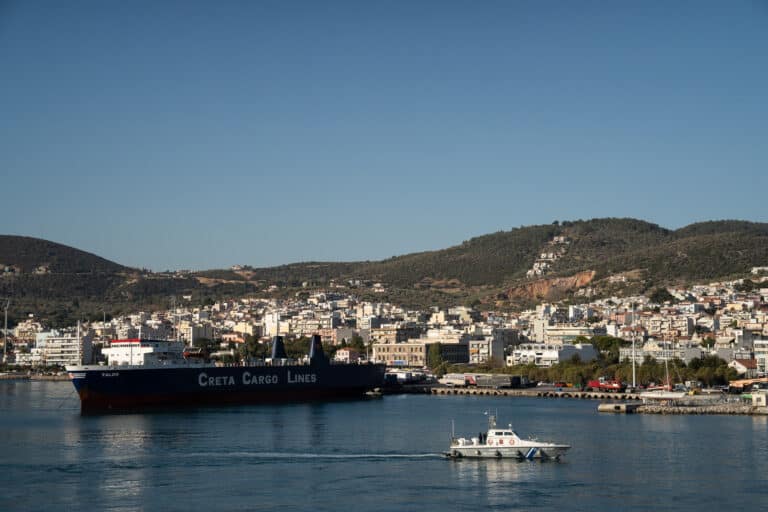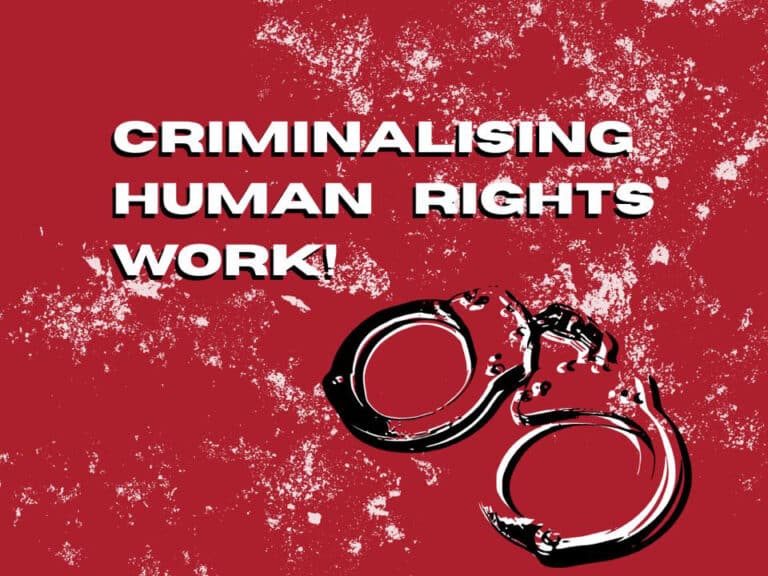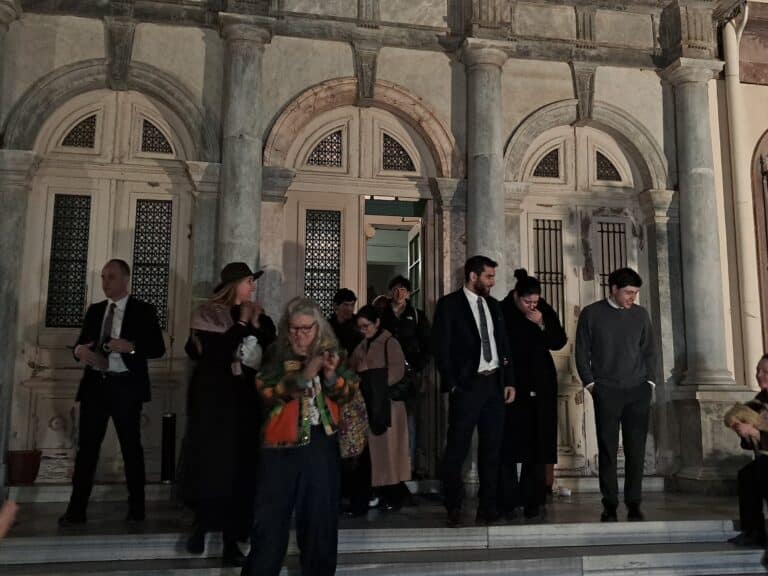by Tiffany Aurora
[Note: The following reflection by a member of the
14-27 October CPT delegation to Iraq has been edited for length. The
complete version is available at https://www.cpt.org/blog/2010/10/20/delegation-northern-iraq-october-14-27-2010]
In October, as our delegation visited families in villages
tucked away in the mountains along the Iranian border, we heard stories of how
violence brought about by bombs, land mines, guns, and forced displacement had
forever changed their lives. They long for a day when they can walk outside
their house to a plot of farmland instead of a fenced-off field of land mines.
They long for a day when they can leave a camp for Internally Displaced Persons
(IDPs) and go home without fear that any house they build or produce they grow
will be bombed.
We loved meeting these families. We loved learning
about their joys and sorrows. And we were all struck with the complexity of the
problems in the Kurdish region of northern Iraq. There has been such a history
of violence and there is so much distrust. It’s hard to know where to begin
promoting peace and reconciliation.
While the complexities can seem overwhelming,
Scripture is full of stories of God protecting his people, providing solutions
to problems that seemed overwhelming. He often chose to provide this protection
in really creative ways.
Humans forget that God is all-powerful and that the
hearts of individuals, government leaders, and military commanders are
ultimately subject to him. In working to undo the effects of violence or
helping to facilitate the healing process, it is tempting to forget that
reconciliation can only happen when God reaches down and touches lives. Any of
our efforts apart from the work of God will be flawed and inadequate.
In his letter to the church in Ephesus, the Apostle
Paul calls on the church to accept persecution, and reminds his fellow
believers, “Our struggle is not against flesh and blood…but against the
spiritual forces of evil.” In other words, “If it bleeds, it’s not
your enemy.” If we are going to “get in the way” of
violence, we have to remember that our enemy is not one made of flesh and
blood. We also have to remember that the only way to stop cyclical, systemic
violence is through God reaching down and changing hearts.
The situation here involves a conglomerate of ethnicities,
national boundaries, religions, languages, political parties, economic
challenges, urban vs. rural discrepancies and distrust between the different
groups. But let us not think that the situation is beyond the hand of our
Almighty God. Maybe he doesn’t want us to be able to boast “that our own
strength has saved us.” Maybe He is waiting for us to open our hands,
surrender all the pieces, and be willing to respond to his creative resolution
with a faith that maintains the nonviolent consistency of Jesus.



